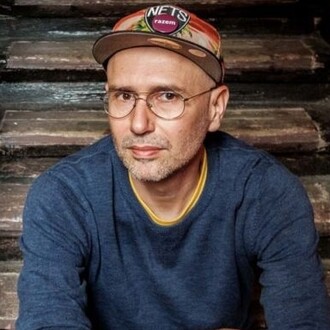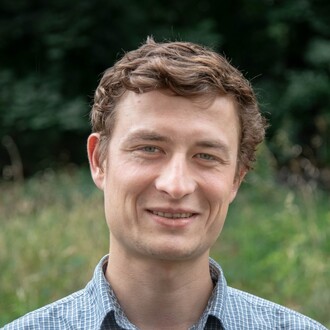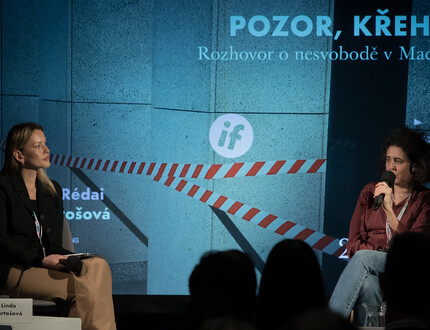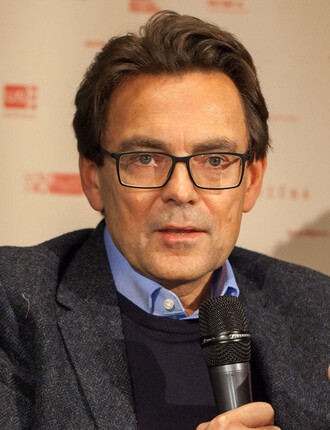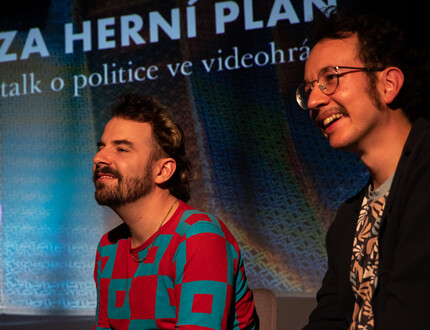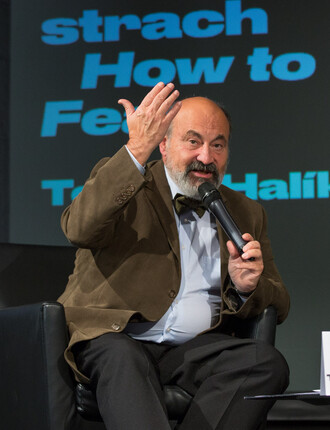The Central European region has undergone a problematic but simultaneously very symptomatic and eloquent transformation over the last three decades. After the fall of the Soviet empire, it became a famous example of liberal transformation. It seemed to have achieved what many social theorists considered impossible: it built both a radically free market economy and a seemingly well-functioning parliamentary democracy in a short period of time. The populist revolt of the last decade has challenged the second element of this assumption, and we’re slowly discerning its connection to free-market fundamentalism and the associated destruction of community. How can the Central European experience guide us in our search for an alternative to both the neoliberal free market and the anti-liberal authoritarianism of today's populists?
With the support of the Heinrich-Böll-Stiftung Prague Office and the Czech Centers.
